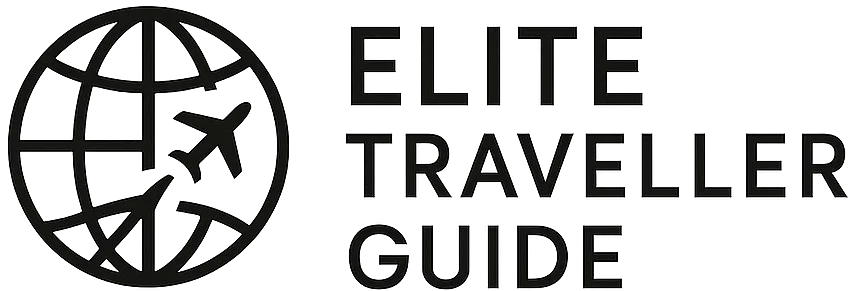EU’s New Directive on Green Claims
The European Union is on the brink of implementing a directive that could significantly impact how hotels and other businesses make environmental claims. The proposal, known as the Green Claims Directive, aims to regulate and standardize the way companies communicate their environmental credentials to consumers.
Objective of the Directive
The primary goal of this directive is to ensure that any environmental claim made by a business is truthful and verifiable. This move comes in response to growing concerns over “greenwashing,” where companies exaggerate or fabricate their environmental efforts to appeal to eco-conscious consumers.
Potential Impact on the Hospitality Sector
The hospitality industry, including hotels, could be among the sectors most affected by this directive. Many establishments currently advertise their sustainability practices as part of their marketing strategy. However, under the new rules, they would need to provide clear evidence to support any environmental claims they make.
Requirements for Compliance
Businesses will be required to undergo third-party verification of their environmental claims. This process is intended to provide consumers with reliable information and help them make informed decisions. The directive also proposes penalties for companies that fail to comply with these requirements.
Reactions from Industry Stakeholders
While some industry stakeholders have expressed concern about the potential costs and administrative burden of compliance, others welcome the directive as a necessary step toward transparency and accountability. Environmental groups, in particular, have praised the initiative for its potential to curb misleading marketing practices.
Next Steps
The directive is still in the proposal stage and will need to be approved by the European Parliament and the Council of the European Union before it becomes law. If passed, it could set a precedent for similar regulations in other regions.
For more detailed information on the directive and its implications, you can visit the European Commission’s Environment page.
“`












